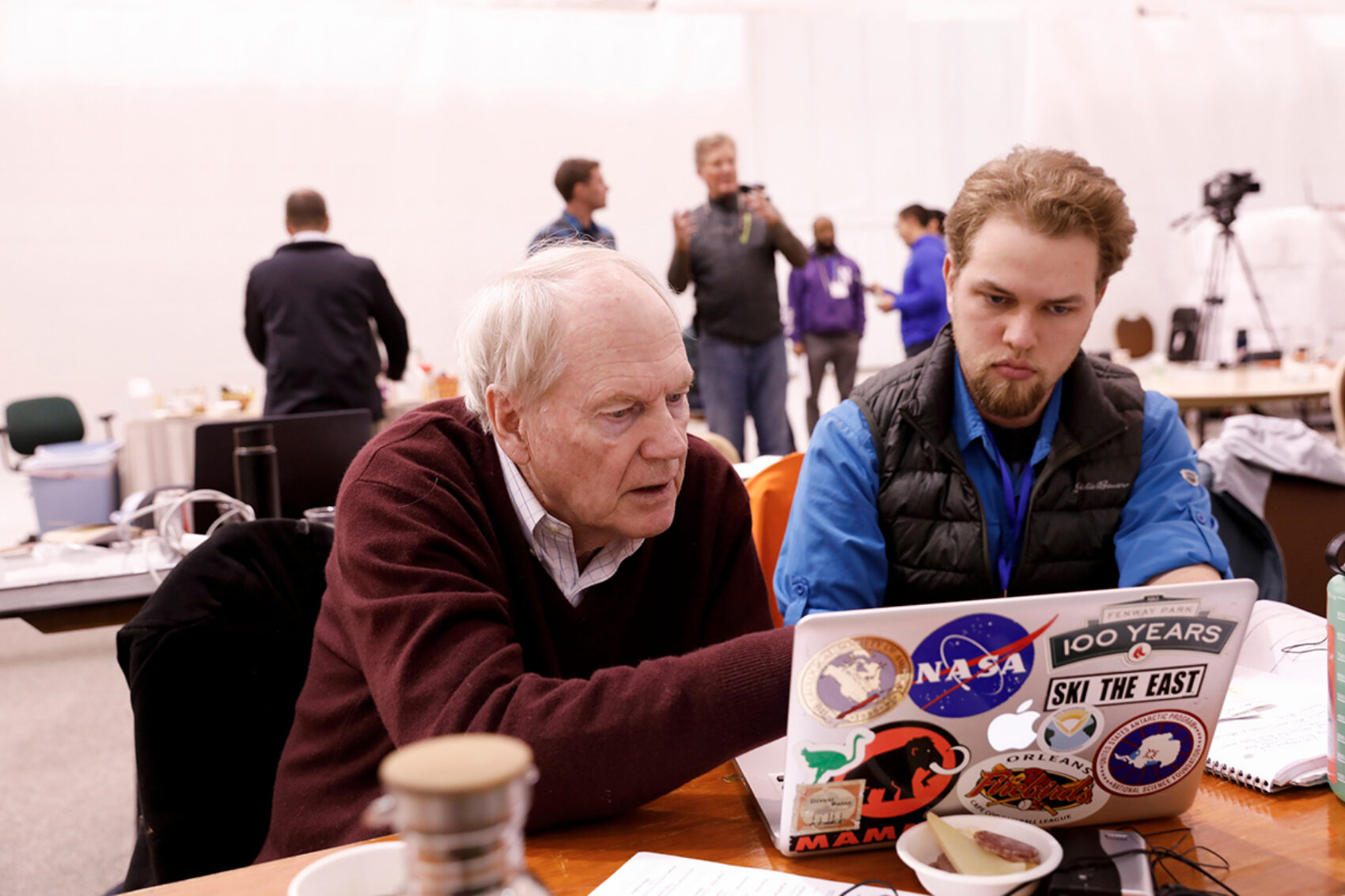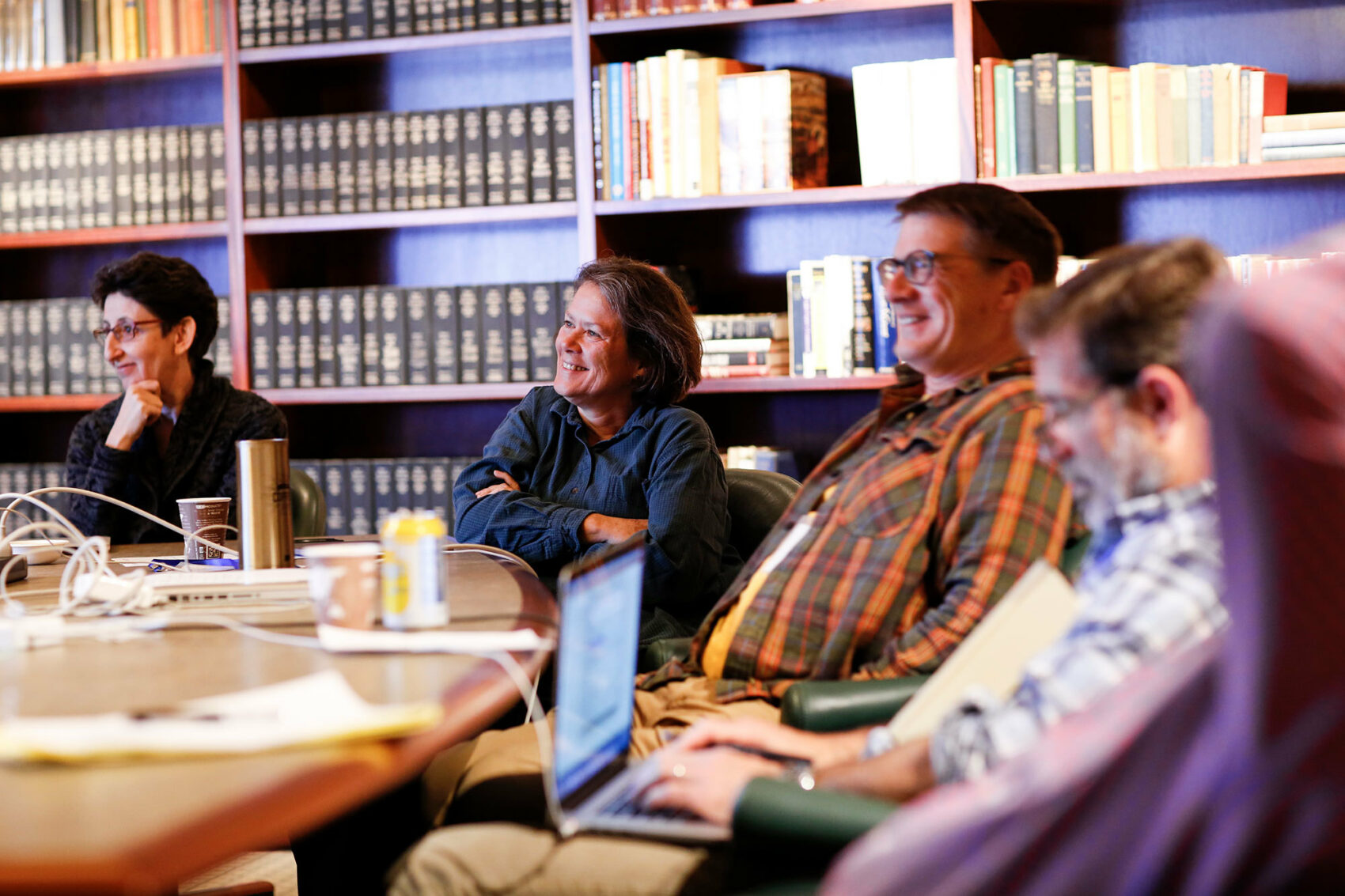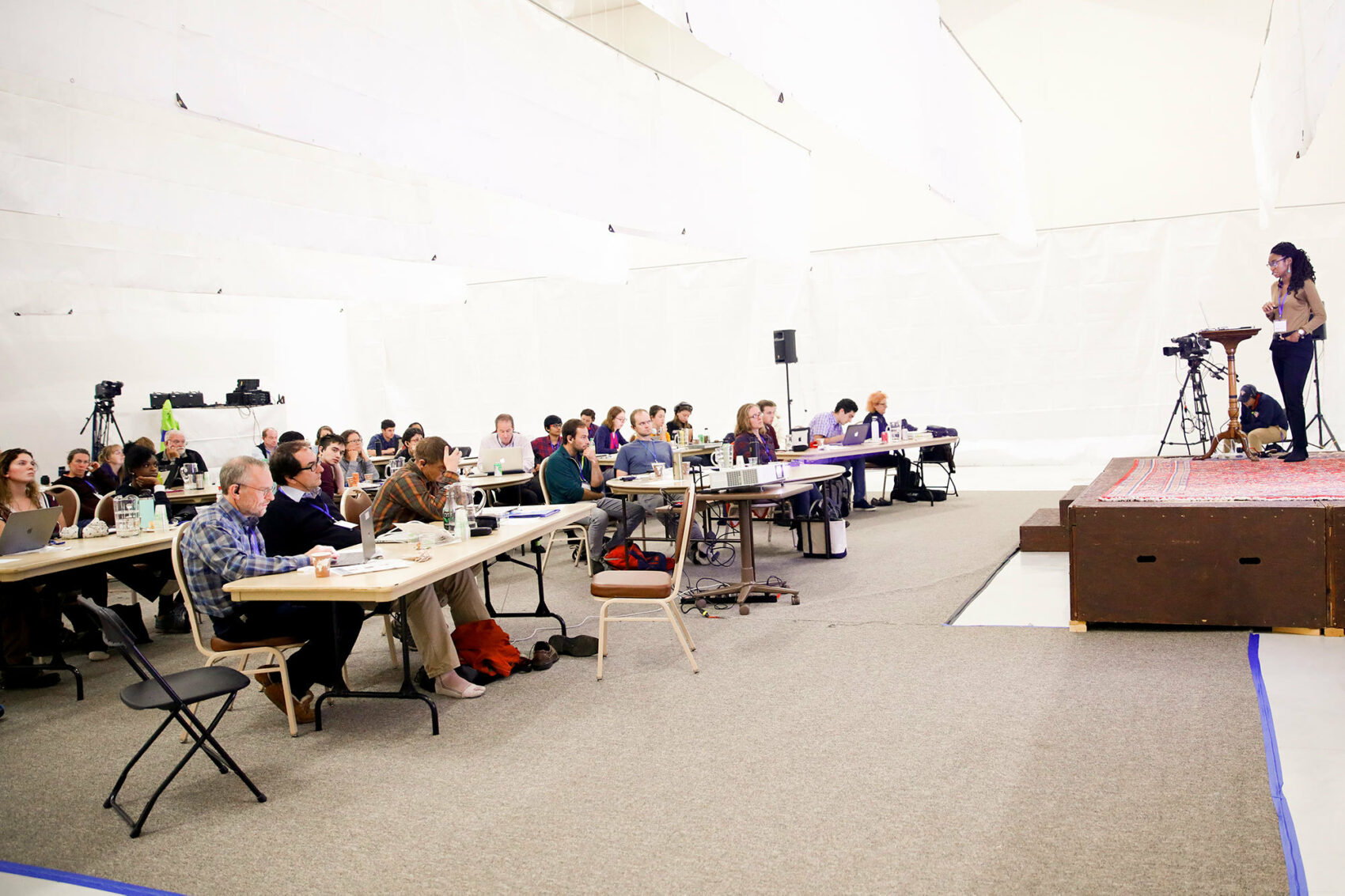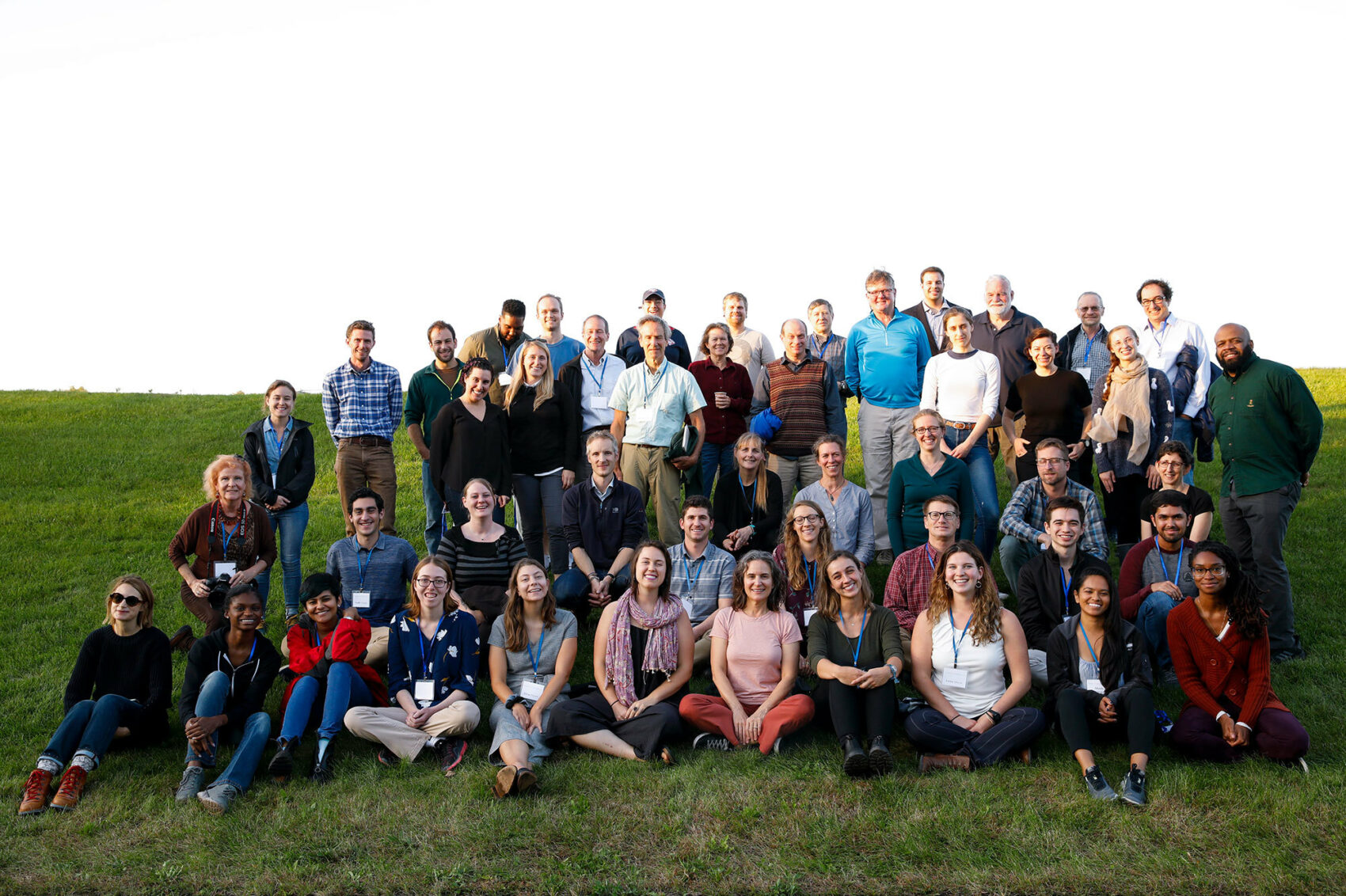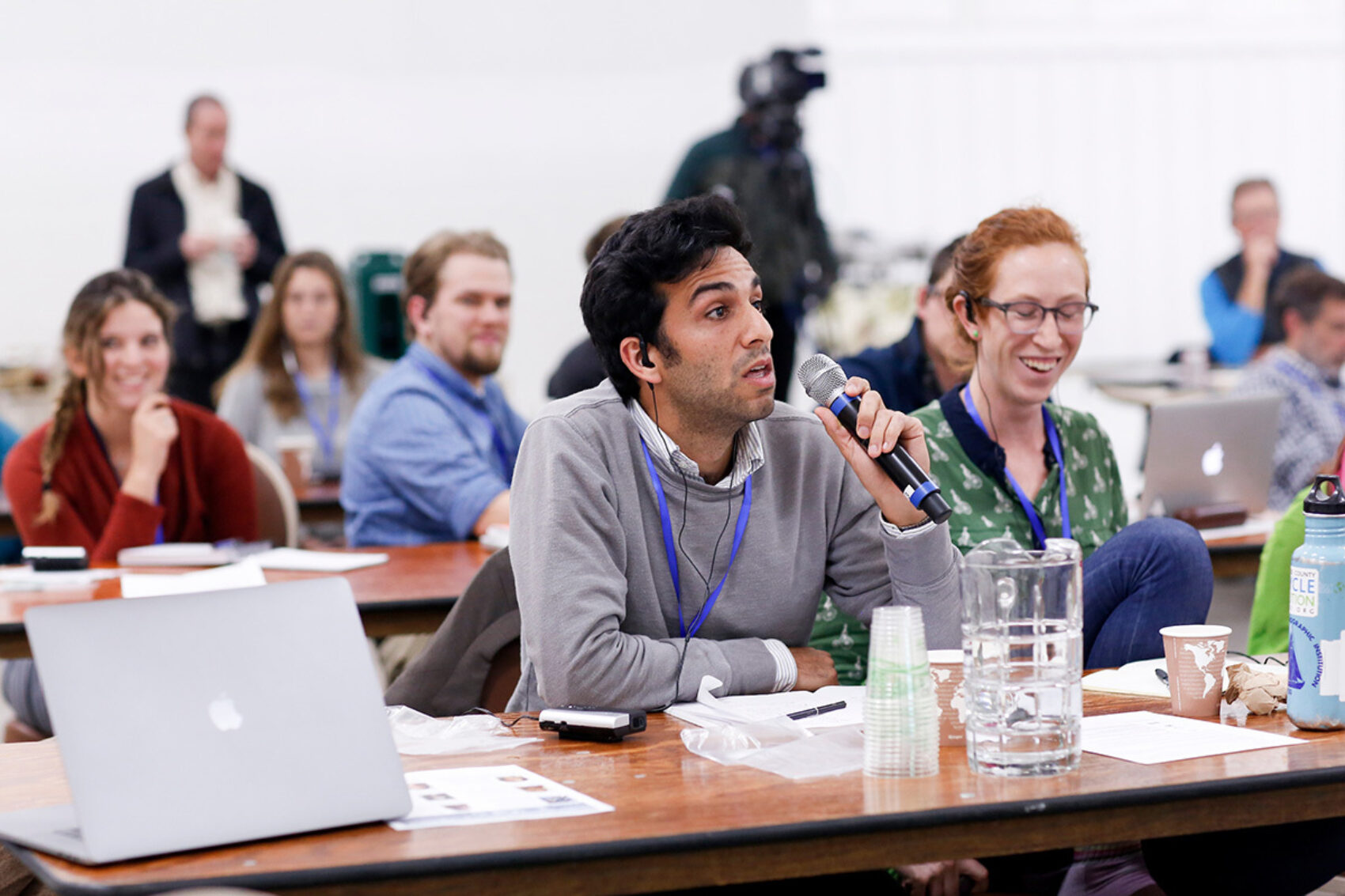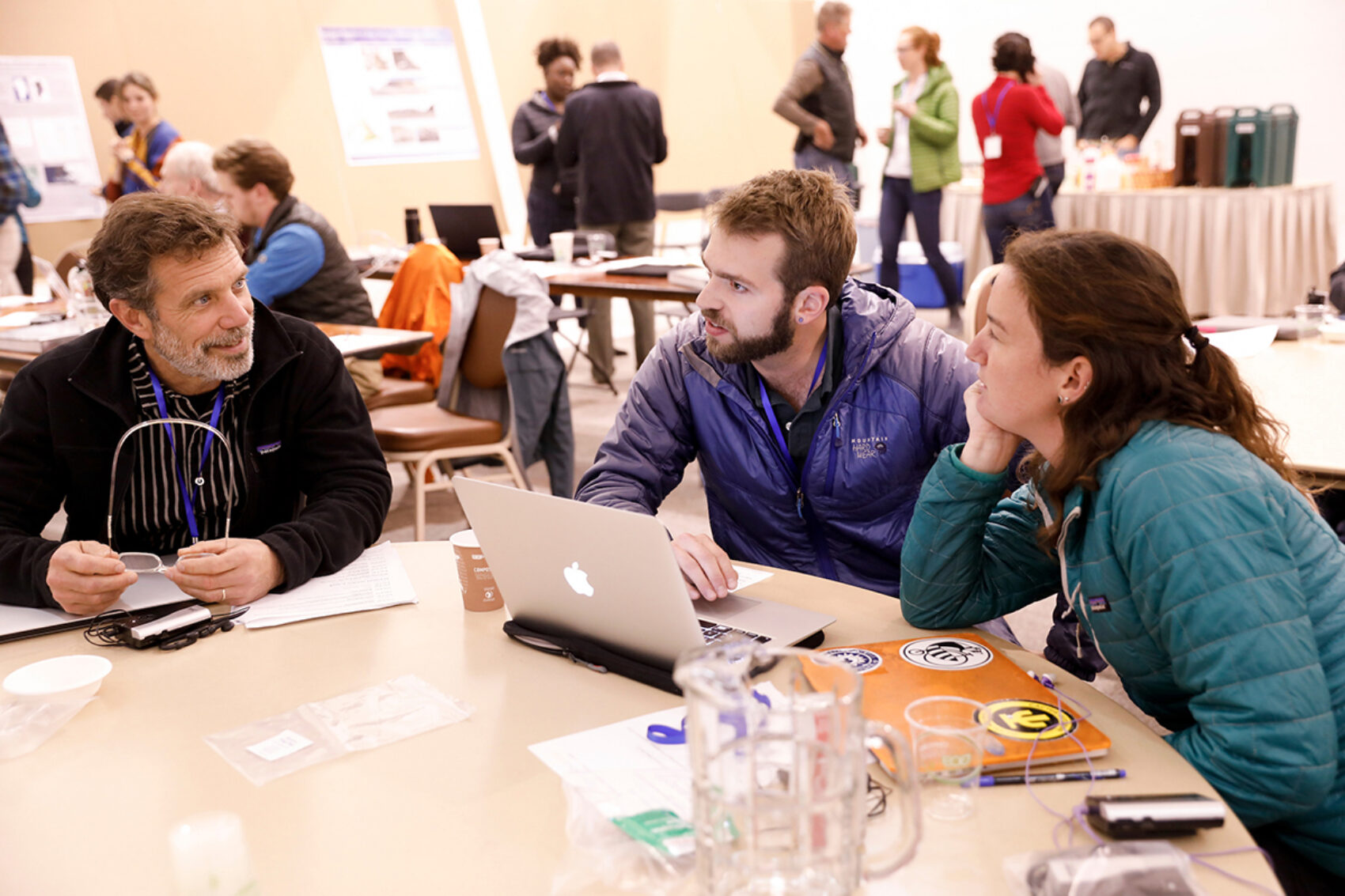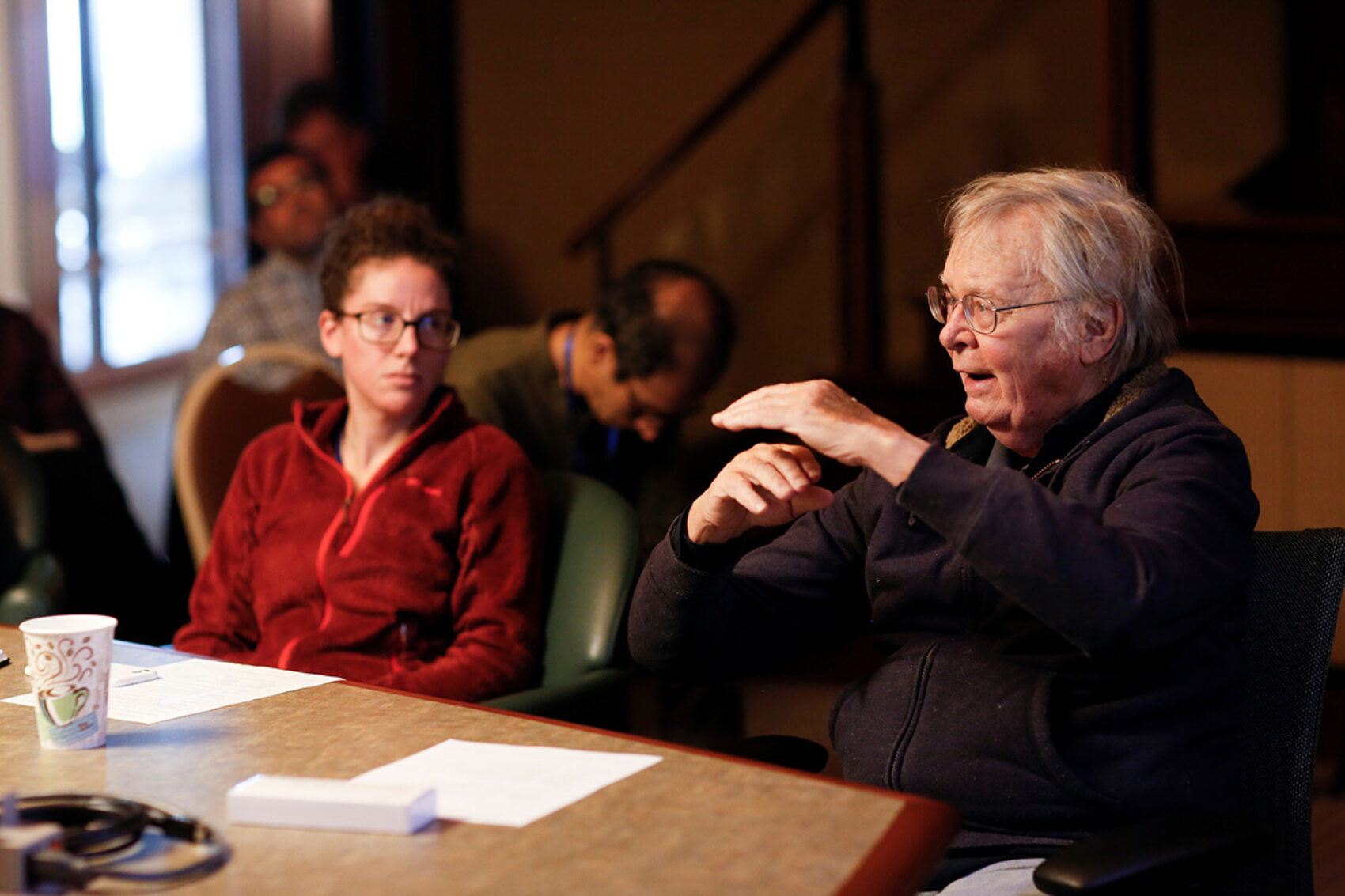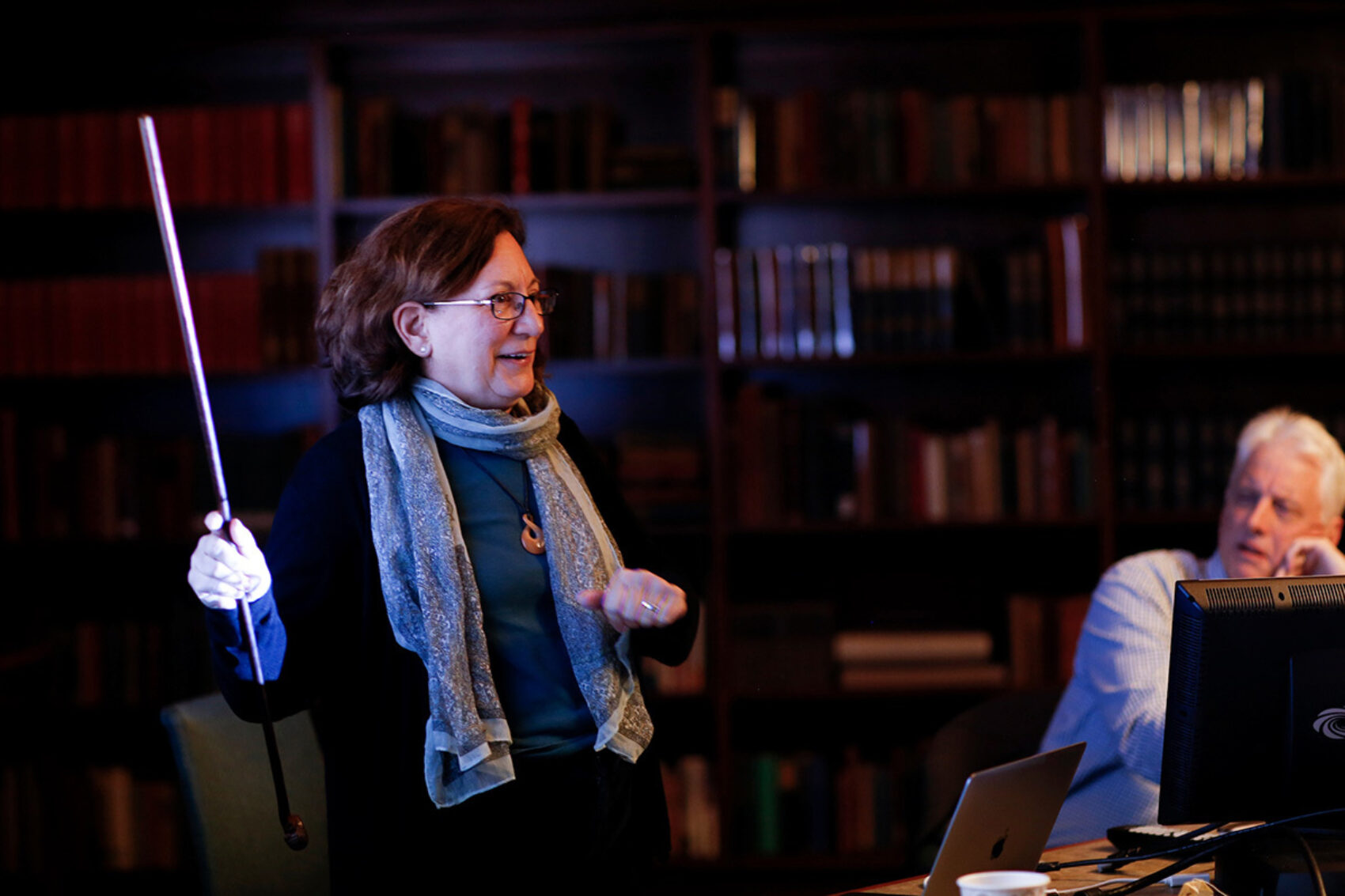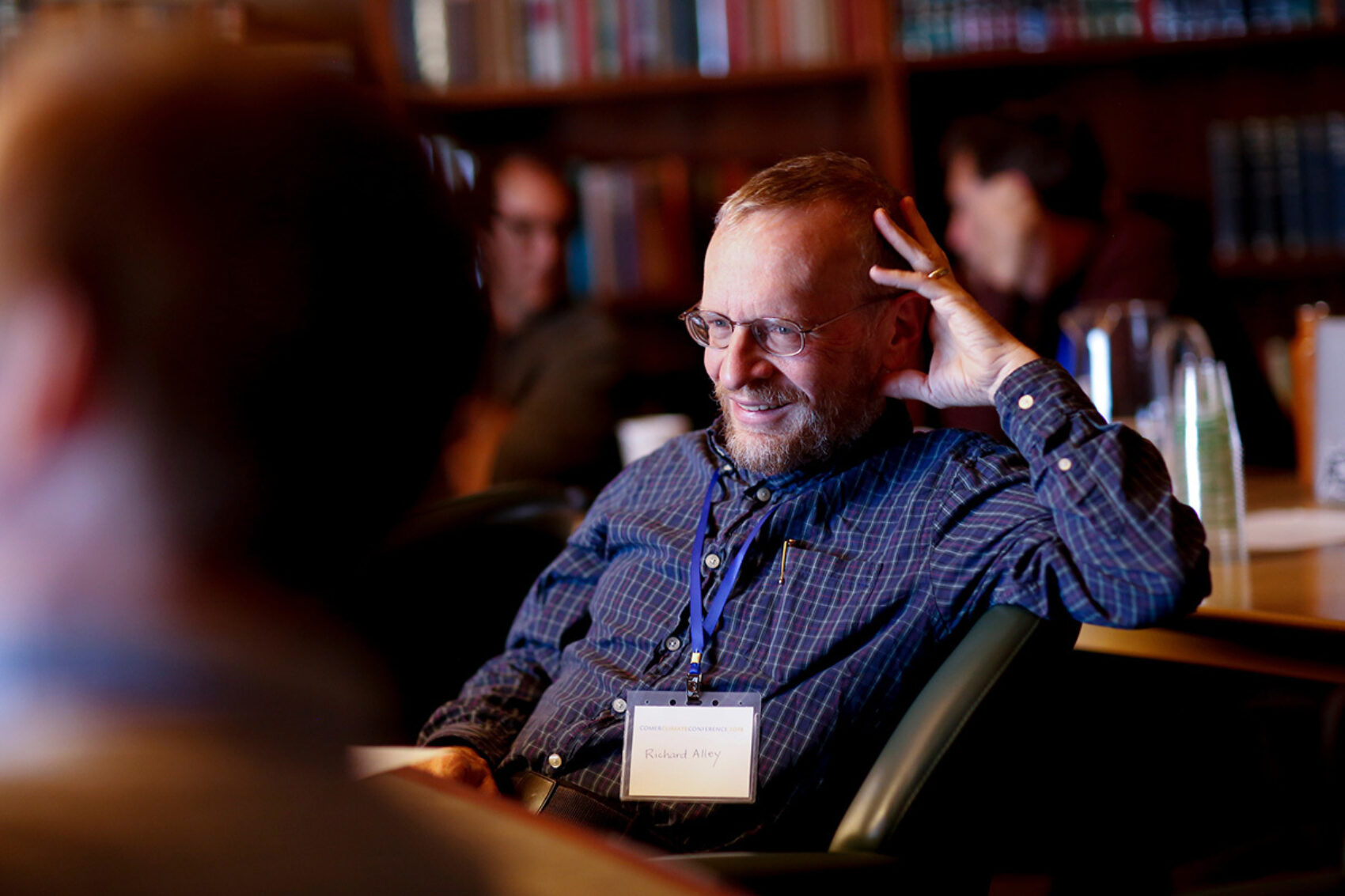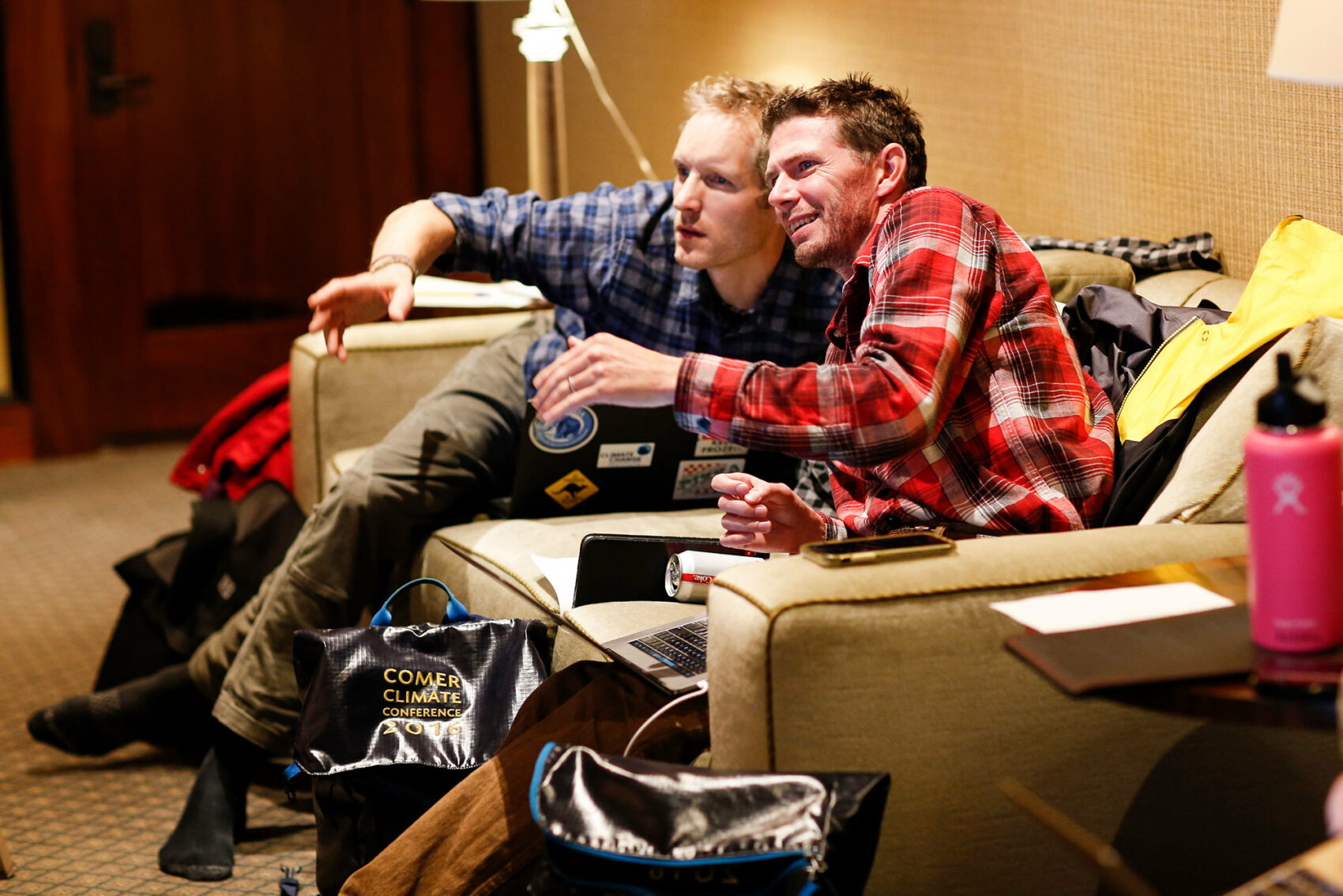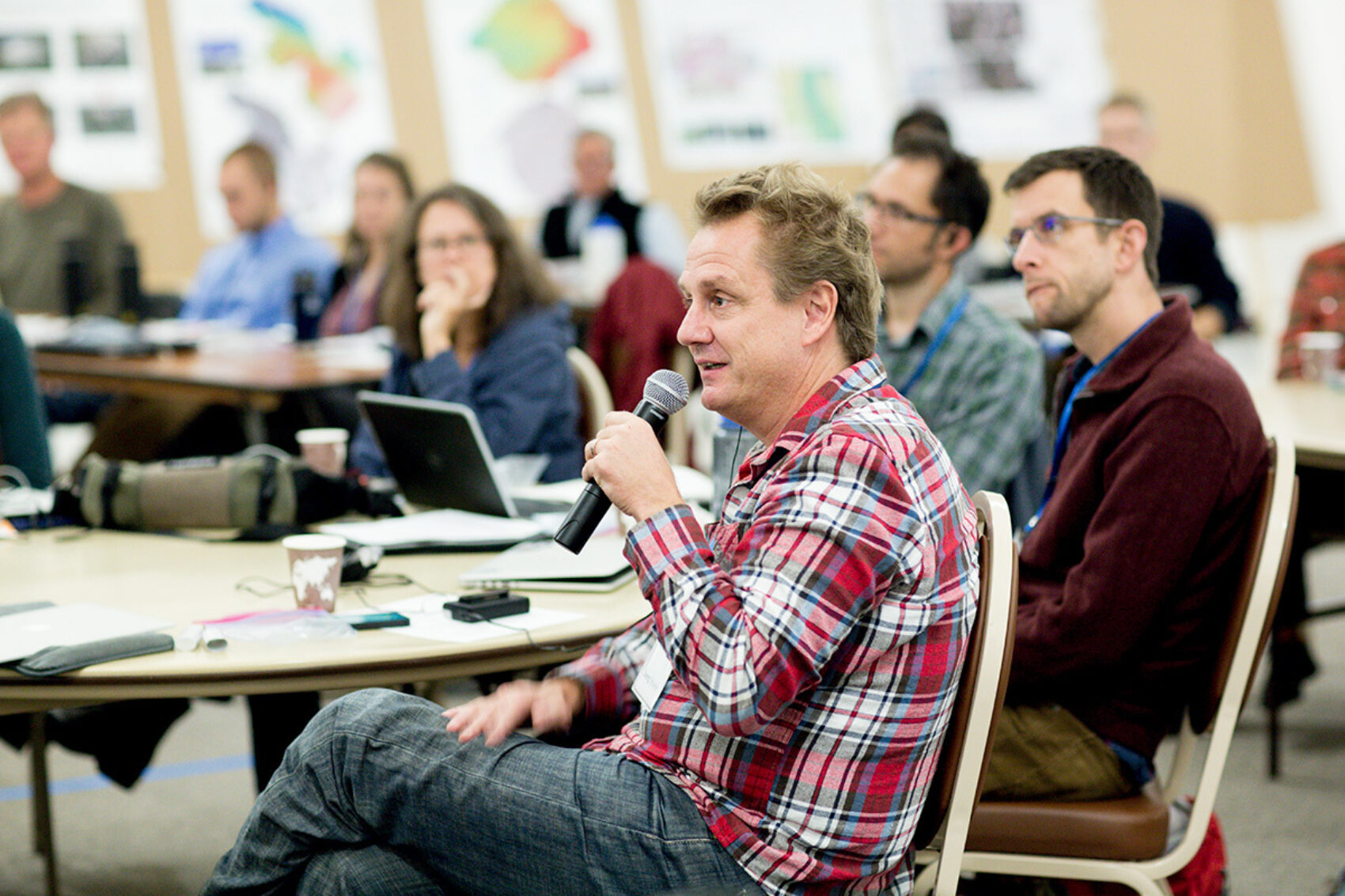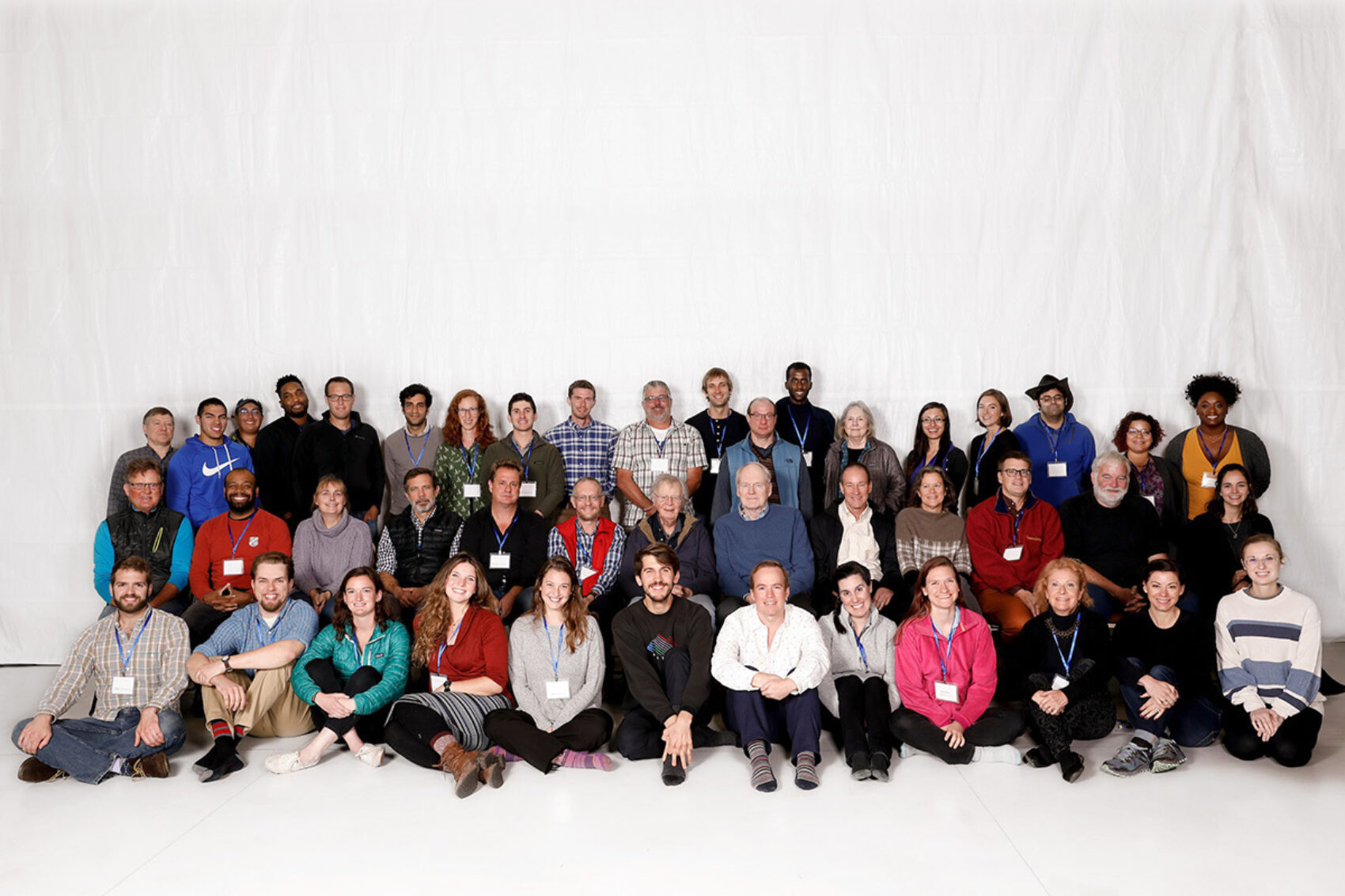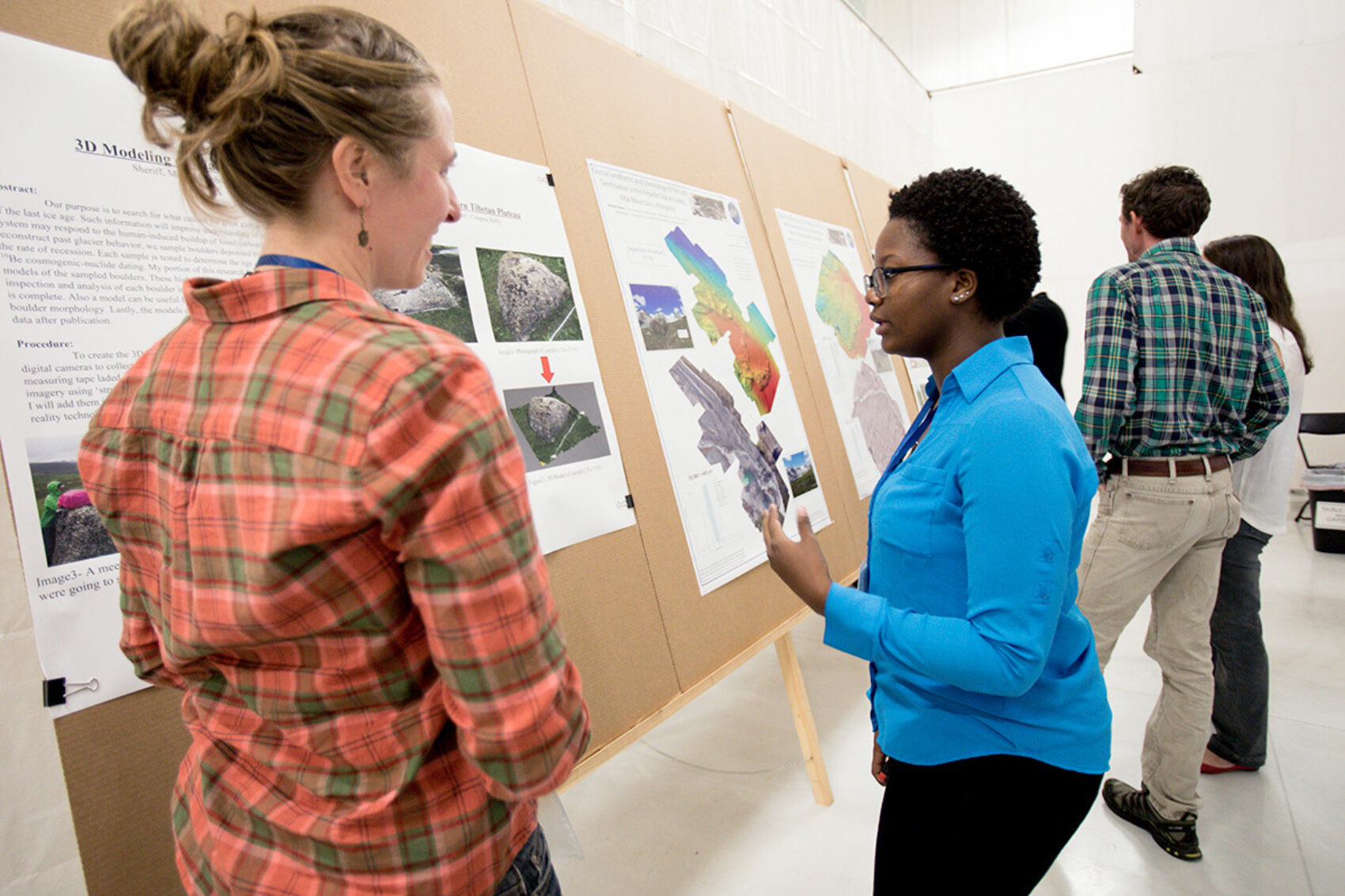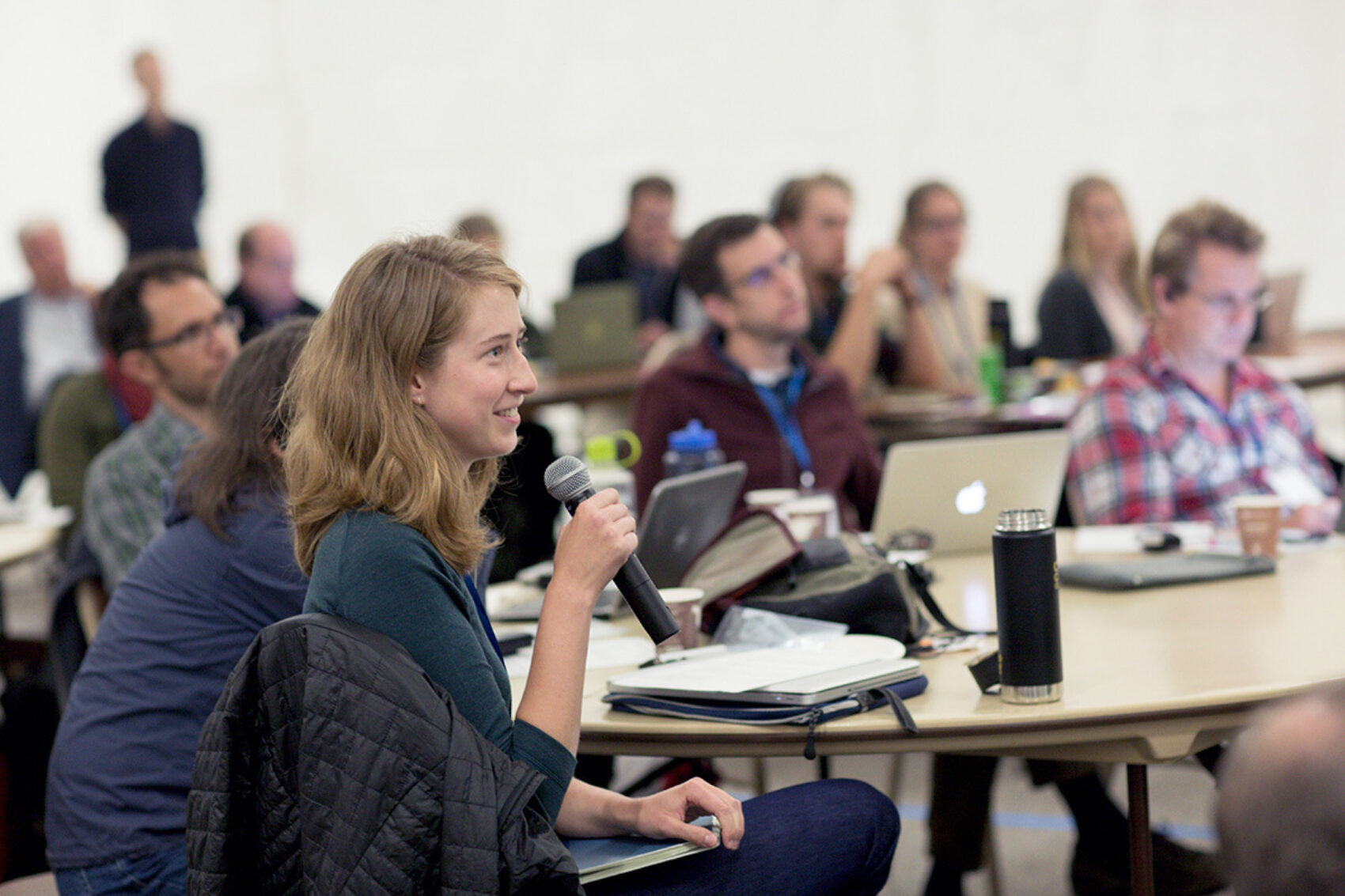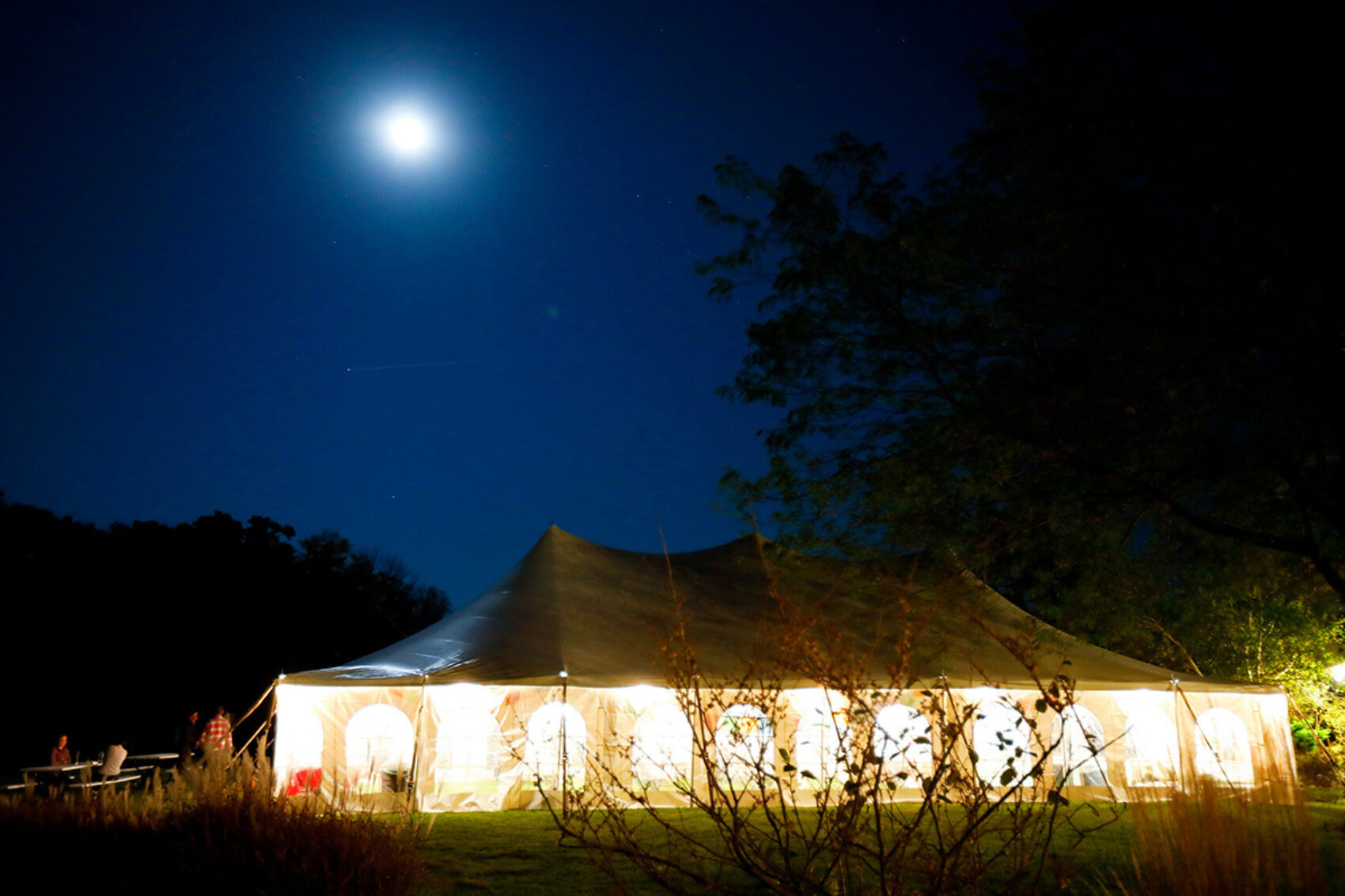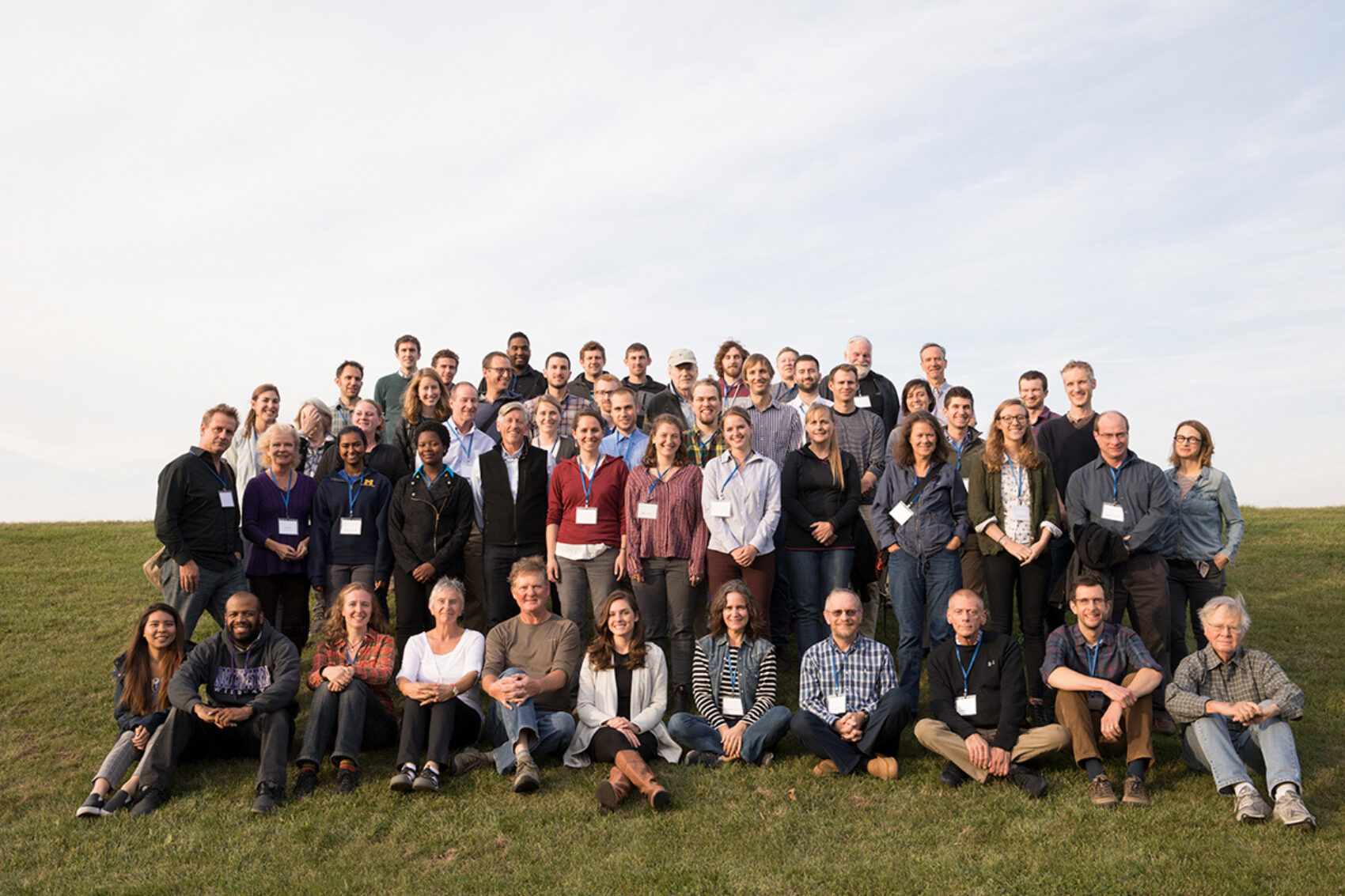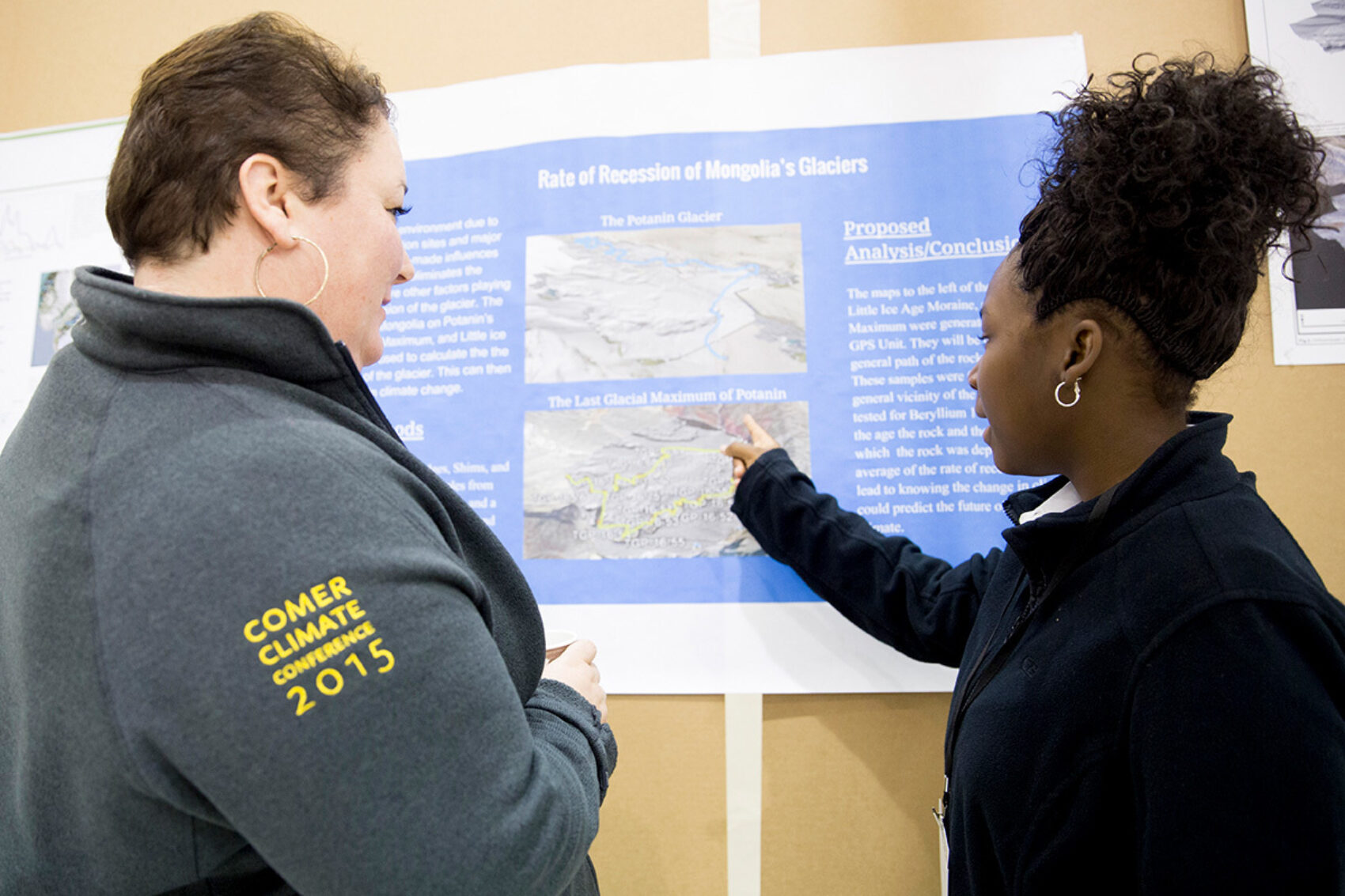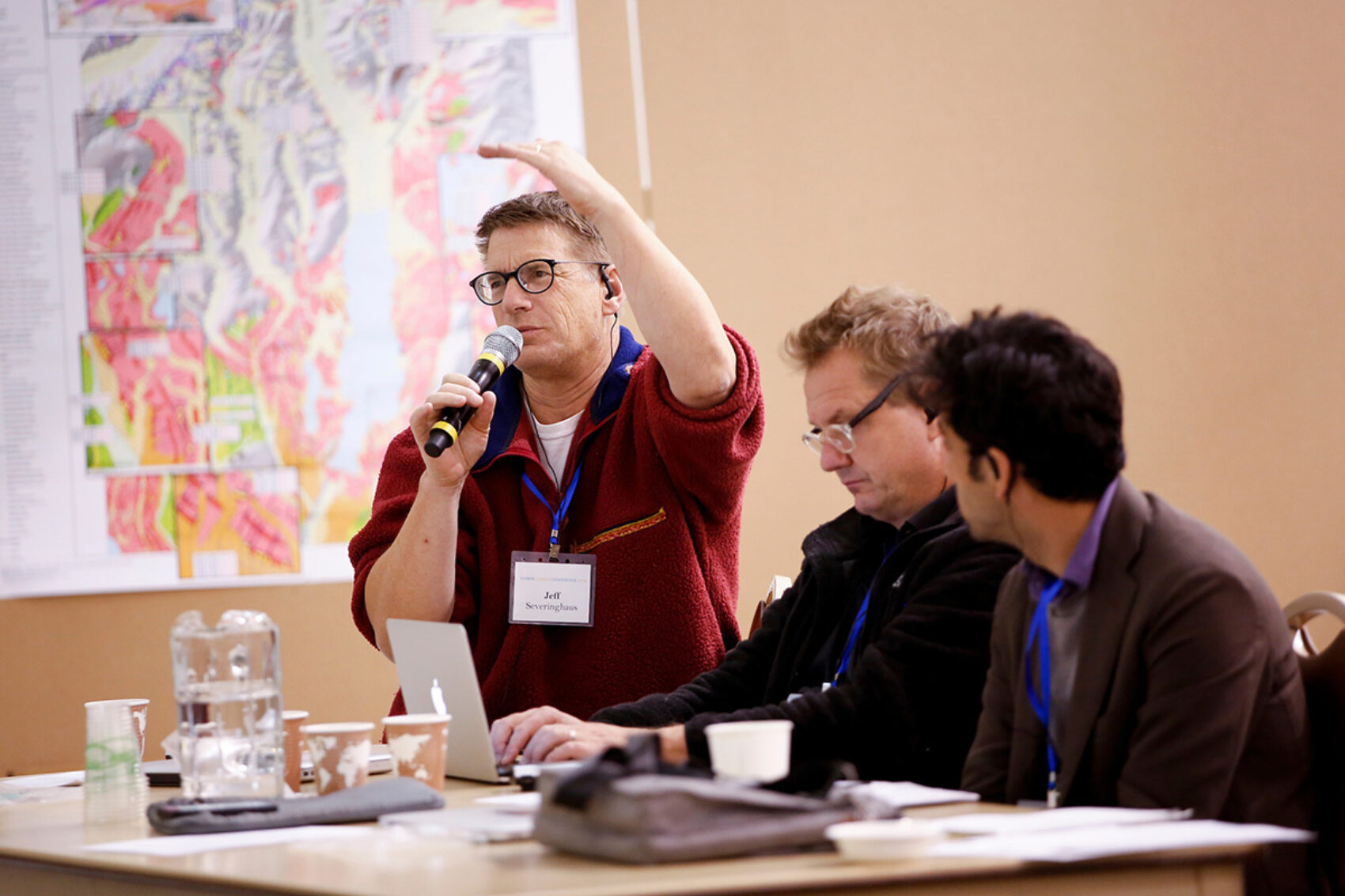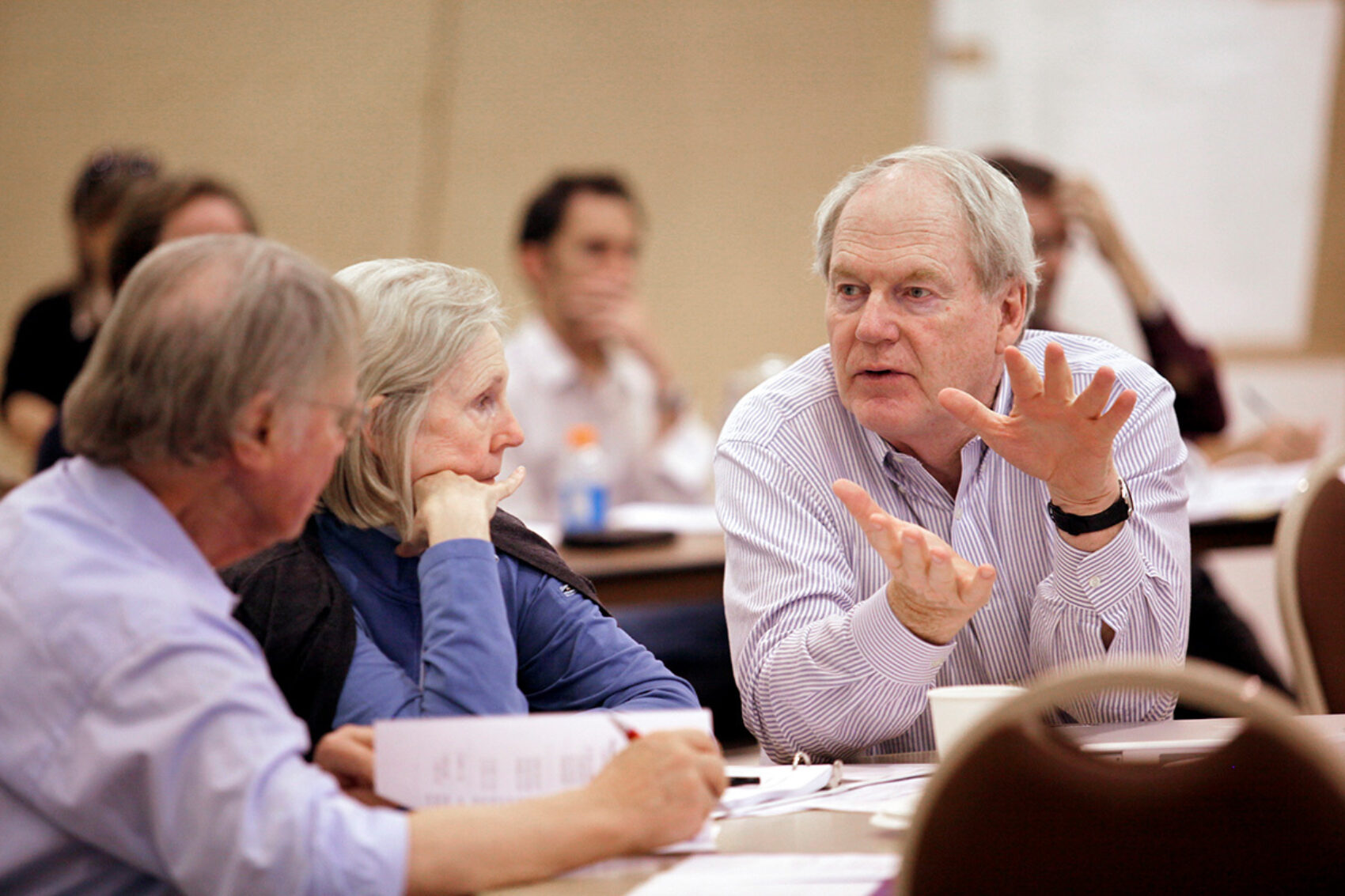The conference grew out of the Gary Comer Abrupt Climate Change Fellowship. The fellowship was established to support scientists studying the causes and consequences of abrupt changes in climate by funding post-docs, graduate students and technicians. From 2002 to 2007, the Fellowship supported climate research at 31 institutions. Mentors at each institution selected fellows and approved research projects.
Today, the program seeds special abrupt climate change fieldwork that focuses primarily on Greenland, mountain glaciers, oceans and drylands and projects requiring fast-track funding. Comer Fellows and their guests continue to gather each year to share their work.
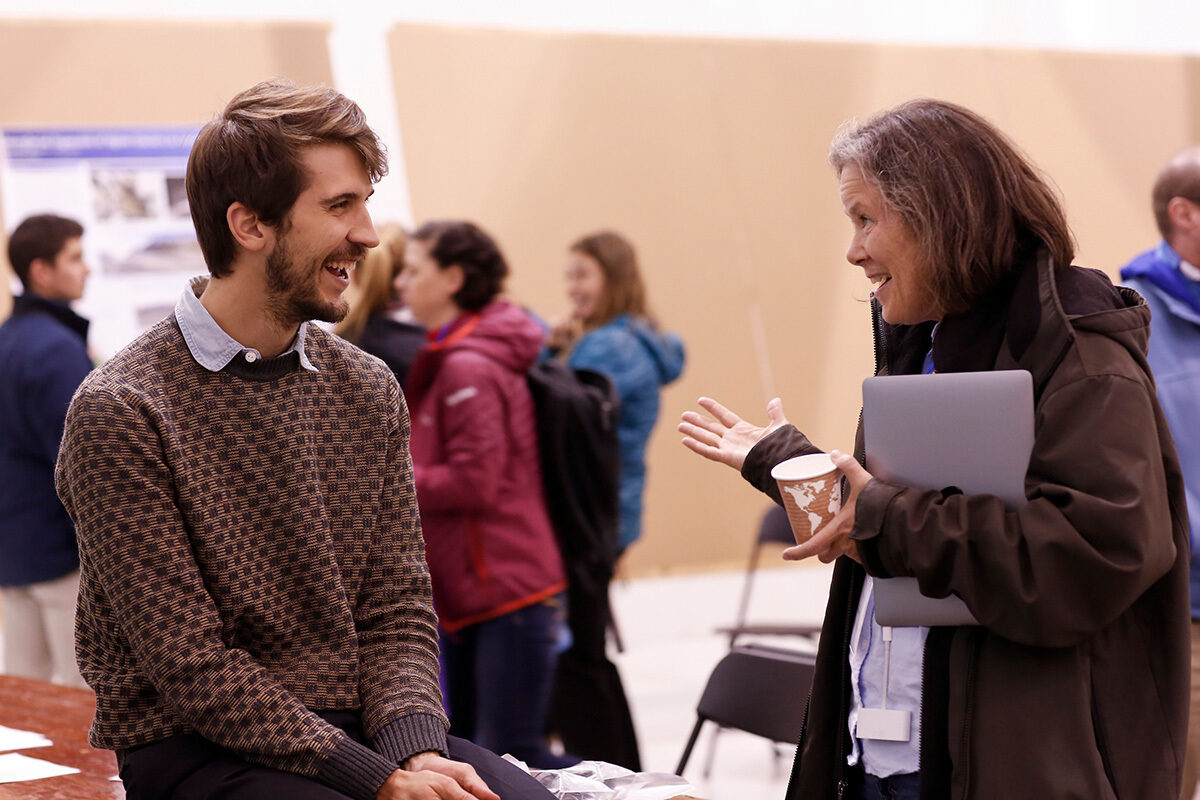
“This is the sort of conference where you actually get quality engagement and you’re really able to start working with people on projects that you probably wouldn’t otherwise get started working on. The level of the conversation is really high. [You are] getting people [who are] interested in the same problem, but looking at it from a totally different point of view. Whoever thought ocean circulation and glacial people would be working together? The Southern Ocean really is important to Antarctica, and Patagonia. And yet we usually don’t think about it that way. We’re looking at the details of what’s happening to one or the other, but not really putting them together.”
—Sidney Hemming
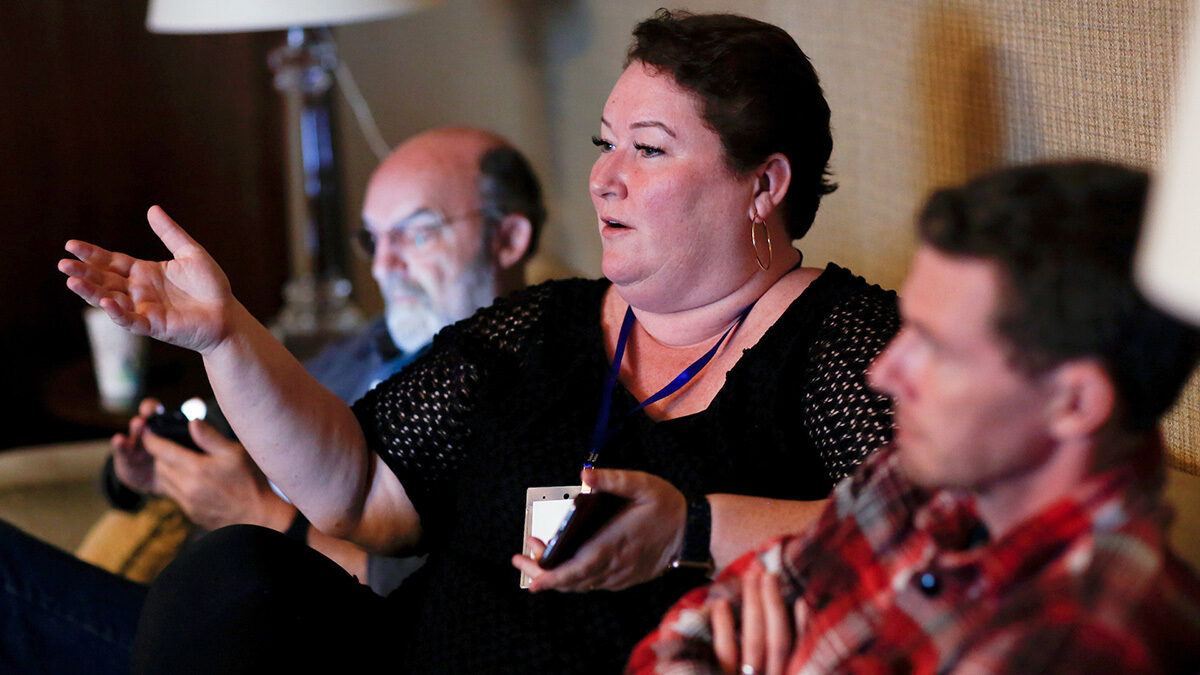
“When you sit in a group of these unbelievably eminent climate change scientists, you dream big. You say, why couldn’t I change the world? Why not me? I’ll do it. I’ve got 25 more years to work and nothing better to do with my time than try and bend that CO2 curve, so here we go. It’s been really encouraging to be in a place like this, in a quiet moment, to think the really big things about how could we change our world because we’ve seen it in the past and we know it’s happening now. Can we get in front of it let everybody know how we can all make a difference?”
—Joellen Russell
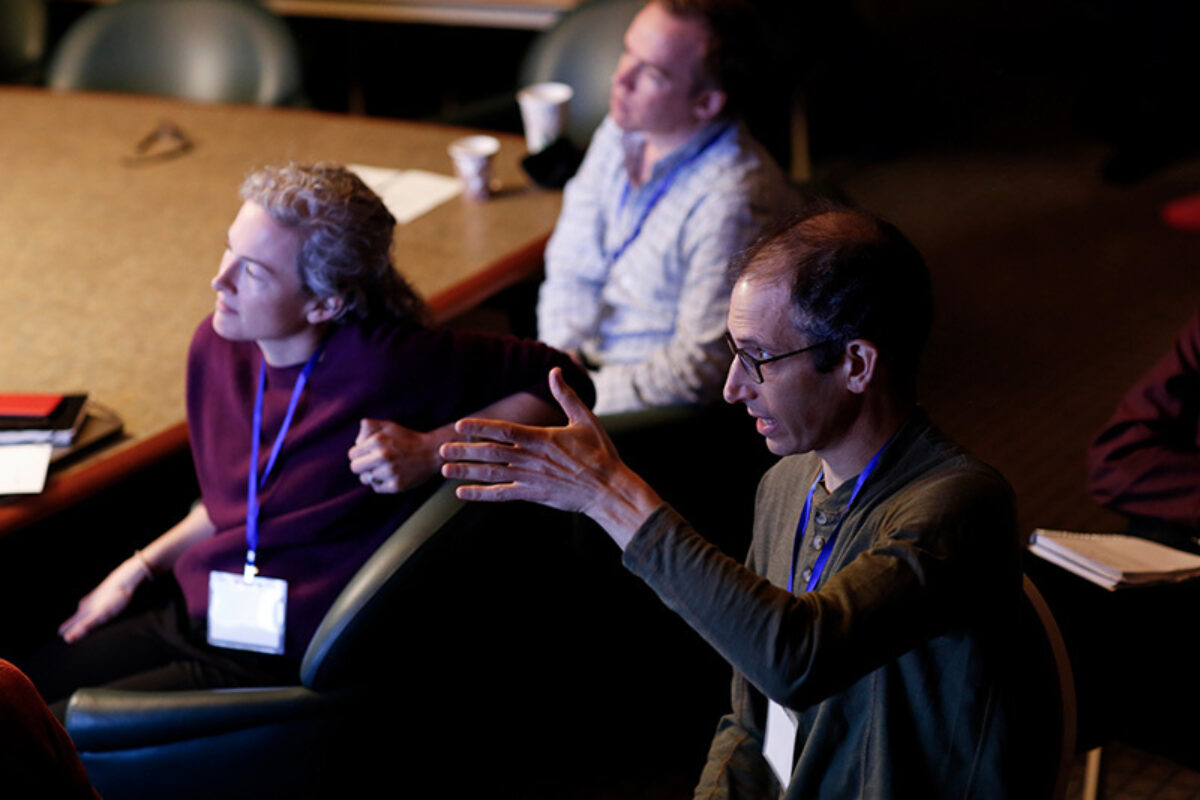
"The scientists who are coming to this meeting are among the most exciting people I could possibly talk to in climate science. There is also now this shared memory of the group. And for me, in terms of my development as a scientist, it makes the scientific exercise richer. I really feel like we are helping one another to mature as researchers. I’ve been using it as a way to calibrate what has been accomplished in the field each year. It’s also useful to present some of the best things that I’m doing to this audience, to get an outside view of which projects are most promising, or to identify weaknesses and consider new directions."
—Danny Sigman
